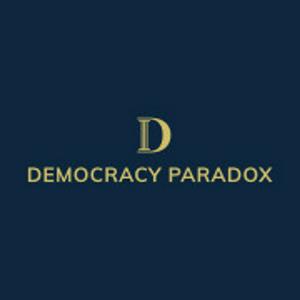March 24th, 1976 is the coup and it unleashes wild celebrations in establishment Argentina and almost no opposition.... Of course, this unleashed the most ruthless dictatorship in Argentina's history and in recent South American history as well.Scott MainwaringMade in partnership with the Ash Center for Democratic Governance and InnovationGet your copy of When Democracy Breaks or read it open access.Access Episodes Ad-Free on PatreonMake a one-time Donation to Democracy Paradox.Proudly sponsored by the Kellogg Institute for International Studies. Learn more at https://kellogg.nd.eduProudly sponsored by the Carnegie Endowment for International Peace. Learn more at https://carnegieendowment.orgA full transcript is available at www.democracyparadox.com.Scott Mainwaring is the Eugene and Helen Conley Professor of Political Science at Notre Dame. He was elected to the American Academy of Arts and Sciences in 2010. His most recent book is Democracy in Hard Places (coedited with Tarek Masoud). In April 2019, PS: Political Science and Politics listed him as one of the 50 most cited political scientists in the world.Key HighlightsIntroduction - 0:20Democratization in 1973 - 3:41Democratic Erosion - 18:30Breakdown - 39:08Argentina Today - 43:18Key LinksWhen Democracy Breaks: Studies in Democratic Erosion and Collapse, From Ancient Athens to the Present Day edited by Archon Fung, David Moss, and Odd Arne Westad"Democratic Breakdown in Argentina, 1976" by Scott MainwaringAsh Center for Democratic Governance and InnovationDemocracy Paradox PodcastScott Mainwaring on Argentina and a Final Reflection on Democracy in Hard PlacesWhen Democracy Breaks: 1930s Japan with Louise YoungMore Episodes from the PodcastMore InformationApes of the State created all MusicEmail the show at
[email protected] on Twitter @DemParadox, Facebook, Instagram @democracyparadoxpodcast100 Books on DemocracySupport the show

